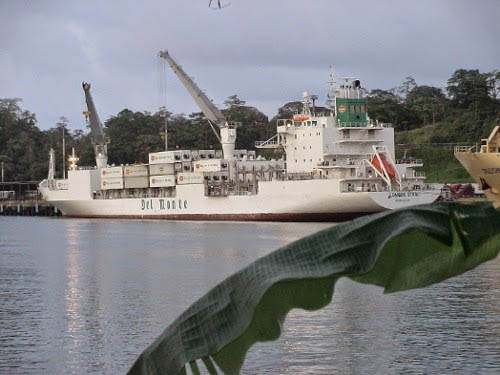
A very important, instructive maritime decision has just come down from the Southern District of New York involving Del Monte bananas, en route from Guatemala to New Jersey, that started to prematurely ripen while aboard the M/V Lombok Strait. Del Monte alleged that most of the cargo could not be sold. The vessel insisted that the bananas ripened because they were defective when they were loaded. The decision is interesting on different levels: it explains how bananas are shipped; and it analyzes important rules of maritime law, including the burden shifting framework of COGSA. Cargo (Del Monte) is victorious on this one.
Del Monte offered credible evidence that the damage was caused by the Vessel’s unseaworthiness: the corroded condition of the inlet ducting that allowed warm, tropical air as well as other gases to enter the holds, retard the cooling of the bananas once onboard and trigger their climacteric phase. The evidence also suggested that the CO2 monitor may have been unwittingly been tampered with by a vessel employee, preventing the monitor from making accurate CO2 readings and activating the fresh air fans when necessary, and Del Monte’s expert testimony indicated that the stowage of the containers might have contributed by blocking fresh air from entering the ventilation system of Holds 3 and 4 and allowing ethylene released from the containers to enter that system.
Del Monte Fresh Produce N.A., Inc. v. M/V Lombok Strait, (SDNY)
http://cases.justia.com/federal/district-courts/new-york/nysdce/1:2012cv03567/396158/77/0.pdf?ts=1426607198